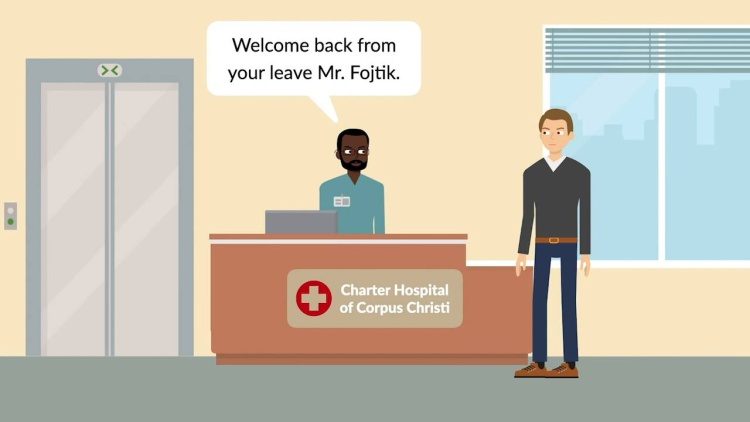Fojtik v. Charter Medical Corp.
Texas Court of Appeals
985 S.W.2d 625 (1999)
- Written by Jamie Milne, JD
Facts
After an intervention by family, friends, and employees of Charter Medical Corporation (Charter) (defendant), Felix Fojtik (plaintiff) entered in-patient treatment for alcoholism at Charter’s facility. Fojtik was a 45-year-old businessman. Although he technically entered treatment voluntarily, he was told during the intervention that he would otherwise be legally committed and brought to Charter in handcuffs. Once at Charter, Fojtik asked to leave on temporary passes. Initially, passes were denied because Fojtik had not been in treatment long enough. Later, Fojtik was given passes for a few hours at a time. Fojtik always returned to Charter, hoping that compliance with Charter’s policies would lead to release. At no time did Fojtik ask to leave the facility permanently. Additionally, Charter’s front doors were unlocked, and Charter’s policy was to allow patients to leave if they insisted. Fojtik complained, however, that he was effectively locked up and that Charter personnel called him an alcoholic and treated him as such, undermining his will to leave. Fojtik filed a tort suit against Charter for false imprisonment. Charter moved for summary judgment, arguing that Fojtik was always free to leave, negating imprisonment. The trial court granted Charter’s motion. Fojtik appealed.
Rule of Law
Issue
Holding and Reasoning (Chavez, J.)
What to do next…
Here's why 907,000 law students have relied on our case briefs:
- Written by law professors and practitioners, not other law students. 47,100 briefs, keyed to 996 casebooks. Top-notch customer support.
- The right amount of information, includes the facts, issues, rule of law, holding and reasoning, and any concurrences and dissents.
- Access in your classes, works on your mobile and tablet. Massive library of related video lessons and high quality multiple-choice questions.
- Easy to use, uniform format for every case brief. Written in plain English, not in legalese. Our briefs summarize and simplify; they don’t just repeat the court’s language.






